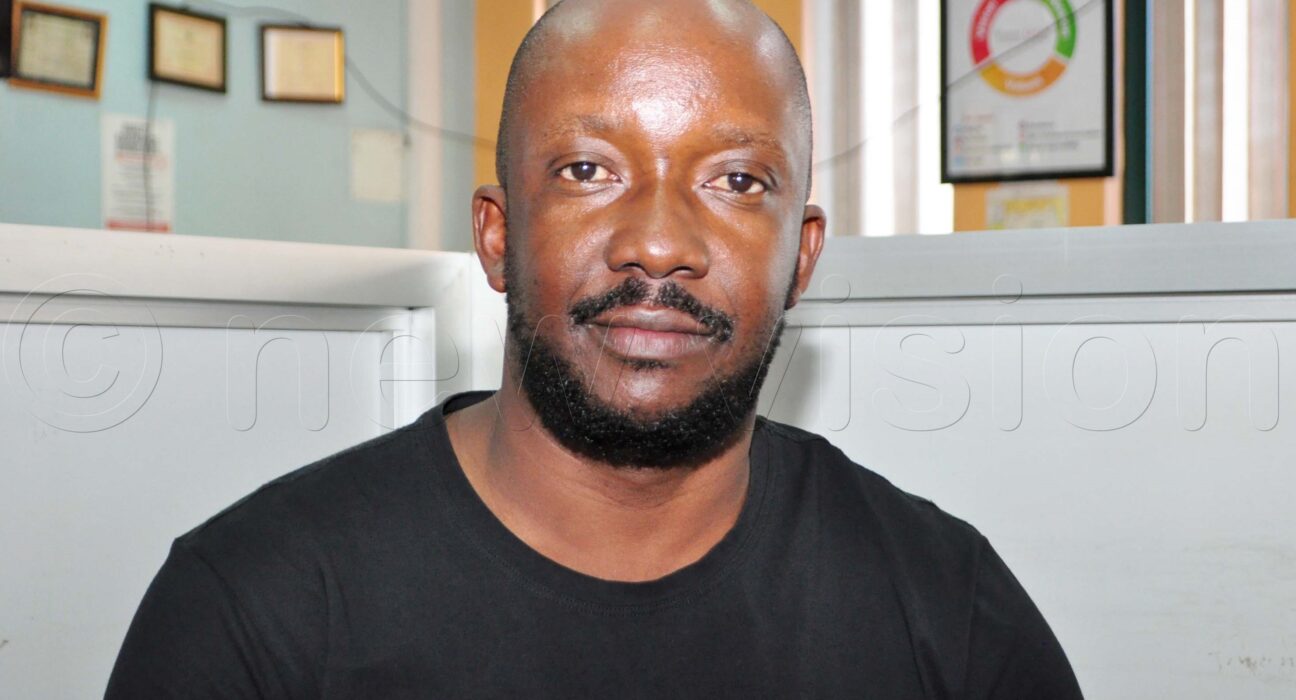By Patrick Kaboyo
Uganda has recently introduced new policies in the education sector. Some of these policies include the new lower secondary school curriculum, the National Teacher Policy and the Technical Vocational Education and Training Policy, among others.
However, while the country’s education policy reform has largely been previously championed by teachers, many of these instructors have not been recently fully engaged in the policy discourse. Yet a country can never be better than the quality of its teachers.
Classroom teachers should not remain at the periphery of policy discussions. They should be involved in policy formulation and be supported to contribute to the policy discourse.
All teachers – including classroom instructors and their peers in the top echelons of government and the political space, among others – should participate in the education policy reform conversation.
The role of teachers in the drafting of the National Teacher and Technical Vocational Education and Training policies should be celebrated for it has critically supported their implementation.
As we reflect on the theme for this year’s World Teachers’ Day –Transformation of education begins with teachers – key questions should be considered to help the public understand the transformation agenda.
We need to interrogate the position of the teachers, family, community and school in this transformative education agenda. We also need to know whether the current education system laden with rhetorical content for cramming prepares learners for exams or life-long learning, if our education system is democratic and whether we have picked any lessons from international schools operating in Uganda to achieve the transformation we want.
Teachers – as guides and role models in society – will continue to lead the transformation of the education journey as they have always done since the departure of missionaries.
However, there is also a need to consider the issue of teachers moving to other professions like security, social work, journalism and law where they are less celebrated. This migration has not only caused brain drain but rather escalated cases of brain leakage, recycling and loss.
It is also important to appreciate that sustainable transformative education will bear fruit if the Government increases its budgetary allocations to strengthen families, communities and schools as a matter of urgency. Increasing the budget for education is no longer debatable but rather inevitable for it is the guarantor for transformative education.
As we celebrate teachers, we ought to recognise their unique role in actualizing the Mwalimu Julius K. Nyerere education philosophy. His education philosophy is premised on the fact that education should set people free and encourage citizens to realise their full potential.
Education for self-reliance is always brought to life through teachers’ work of instruction, mentoring and role modeling. The practical approach to Nyerere’s education philosophy is embedded in our new lower secondary school curriculum – with teachers at the centre of its implementation – geared at producing graduates with employable skills.
The writer is the technical advisor at Education Advocacy Network

